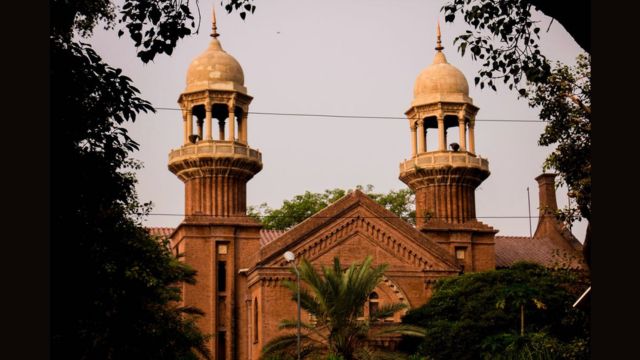Enduring Blasphemy Convictions in Pakistan
In Lahore, a new case reminiscent of Asia Bibi’s ordeal has emerged, involving another woman with the same name but different faith. This 40-year-old Muslim woman from Punjab has been sentenced to life imprisonment under Pakistan’s rigorous blasphemy laws. Her case has reignited concerns about the misuse of these laws, which have often led to severe penalties based on dubious accusations.
Legal and Social Quandaries
The legal system’s recent decision on March 21 underscores the ongoing struggle faced by individuals accused under Pakistan’s blasphemy laws. Despite the international attention and eventual exoneration of Christian Asia Bibi, who was acquitted in 2018 after a decade-long legal battle, the plight of others like the Muslim Asia Bibi persists largely unnoticed. Her conviction, based on allegations of desecrating the Holy Quran, highlights the systemic issues within the legal framework, exacerbated by inconsistent witness testimonies and oversight of her mental health conditions.
Implications and International Influence
The broader implications of such blasphemy cases extend beyond the individuals involved, affecting Pakistan’s international relationships, especially concerning human rights advocacy. While domestic support for blasphemy laws remains robust, Pakistan’s reliance on global economic aid presents an opportunity for international actors to advocate for reforms. By prioritizing human rights and religious freedom, foreign nations can influence Pakistan to amend laws that not only undermine individual freedoms but also impede the country’s global standing and economic potential.
